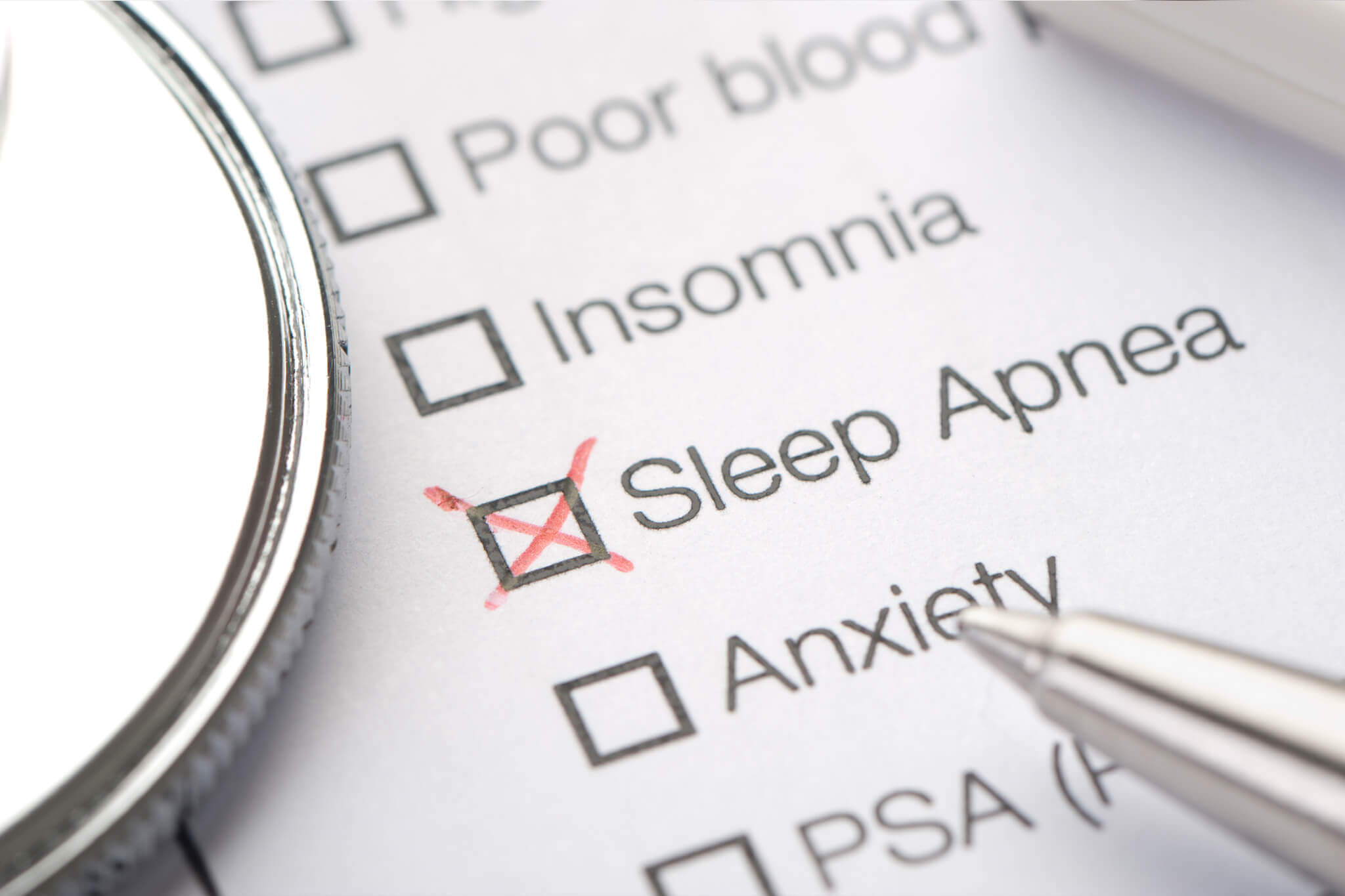In short,
- Understand the key benefits of seeing a narcolepsy specialist.
- Learn actionable steps to prepare for your first appointment.
- Know what to consider next for diagnosis and treatment.
Finding the best narcolepsy doctors is the first step toward managing this chronic neurological disorder that affects the brain’s ability to regulate the sleep-wake cycle. Narcolepsy causes excessive daytime sleepiness, often accompanied by sudden muscle weakness (cataplexy), sleep paralysis, and hallucinations.
This guide outlines what you can expect during your initial appointment, from the questions you’ll be asked to the tests that may be performed, empowering you to take control of your health.
How Should You Prepare for Your Appointment?
Before your appointment, gather relevant information to share with your doctor. This will help the best narcolepsy doctors get a clearer picture of your sleep patterns, medical history, and overall health, leading to a more accurate diagnosis and effective treatment plan.
What to Bring
- A detailed sleep diary, recording your sleep and wake times for at least two weeks. Note the times you go to bed, fall asleep, wake up during the night, and wake up in the morning.
- A list of all medications you are currently taking, including dosages. Include any over-the-counter medications, vitamins, and supplements.
- Any relevant medical records or previous sleep study results. This includes reports from other doctors, lab results, and imaging scans.
- A list of questions you have for the doctor. Writing down your questions beforehand ensures you don’t forget anything important during the appointment.
These documents will provide valuable context for your visit, allowing the doctor to assess your condition thoroughly.
What to Expect During Your Consultation
Your first appointment will involve a comprehensive evaluation to determine if you have narcolepsy or another sleep disorder. The doctor will review your medical history, conduct a physical exam, and discuss your symptoms in detail.
Medical History and Physical Exam
The best narcolepsy doctors will ask detailed questions about your sleep habits, daytime sleepiness, cataplexy (sudden muscle weakness, often triggered by strong emotions), sleep paralysis (temporary inability to move or speak while falling asleep or waking up), and hypnagogic hallucinations (vivid, dream-like experiences that occur while falling asleep).
A physical exam will also be conducted to assess your overall health and rule out other potential causes of your symptoms.
Be prepared to discuss:
- Your sleep schedule and any difficulties you experience falling asleep or staying asleep. Describe your typical bedtime and wake-up times, as well as any factors that disrupt your sleep.
- The frequency and severity of your daytime sleepiness. Explain how your sleepiness affects your daily activities, such as work, school, or driving.
- Any family history of sleep disorders. Narcolepsy can sometimes run in families, so it’s important to inform your doctor if any of your relatives have been diagnosed with a sleep disorder.
Possible Diagnostic Tests
If your doctor suspects narcolepsy, they will likely recommend one or more sleep studies. These tests help to monitor your brain activity, eye movements, and muscle tone during sleep, providing valuable information about your sleep patterns and potential sleep disorders.
The best narcolepsy doctors may perform the following common tests:
- Polysomnography (PSG):An overnight sleep study that records various body functions during sleep. This includes brain waves (EEG), eye movements (EOG), muscle activity (EMG), heart rate (ECG), and breathing patterns.
- Multiple Sleep Latency Test (MSLT):A daytime nap study that measures how quickly you fall asleep and enter REM sleep. This test is typically performed the day after a PSG and involves taking several short naps throughout the day.
These tests are usually conducted at a sleep center, where trained technicians can monitor your sleep and collect the necessary data.
Understanding Your Diagnosis and Treatment Options
After the sleep studies, your doctor will review the results with you and explain the diagnosis. If you are diagnosed with narcolepsy, they will discuss treatment options to help manage your symptoms and improve your quality of life.
Management Strategies for Narcolepsy from the Best Narcolepsy Doctors Near Me
Although there is no cure for narcolepsy, various treatment options can help manage symptoms and improve quality of life. These strategies aim to reduce daytime sleepiness, control cataplexy, and improve nighttime sleep.
- Medications:Stimulants to reduce daytime sleepiness, such as modafinil or armodafinil, and sodium oxybate to improve nighttime sleep and reduce cataplexy. Other medications may be prescribed to address specific symptoms.
- Lifestyle adjustments:Maintaining a regular sleep schedule, taking planned naps (typically 20-30 minutes long) during the day, avoiding alcohol and caffeine before bed, and engaging in regular physical activity.
- Behavioral therapies:Cognitive behavioral therapy (CBT) to address insomnia and other sleep-related issues. CBT can help you develop healthy sleep habits and manage stress, which can improve your overall sleep quality.
Consult your healthcare provider to determine the best treatment plan for your specific needs.
When Should You Seek the Best Narcolepsy Doctors?
If you experience excessive daytime sleepiness, sudden muscle weakness (cataplexy), sleep paralysis, or vivid hallucinations, it’s important to consult with a sleep specialist. These symptoms can significantly impact your daily life and overall well-being.
Early diagnosis and treatment can significantly improve your quality of life.
Seek immediate medical attention if you experience:
- Sudden collapse or loss of consciousness
- Difficulty breathing or chest pain
- Seizures
Finding the Best Narcolepsy Doctors in Reno, NV
If you suspect you have narcolepsy, seeking the best narcolepsy doctors is crucial for accurate diagnosis and effective management. Our team at MelioREM Sleep Clinic in Reno provides comprehensive care for individuals with narcolepsy and other sleep disorders.
We offer state-of-the-art diagnostic testing and personalized treatment plans to help you improve your sleep and overall quality of life.
For expert care, call us at (775) 557-4900 to schedule your appointment.




